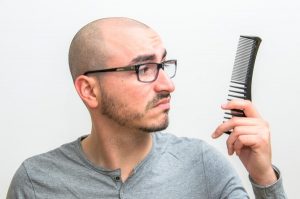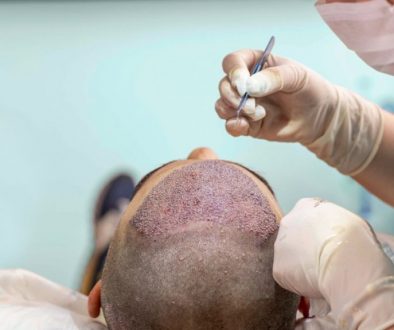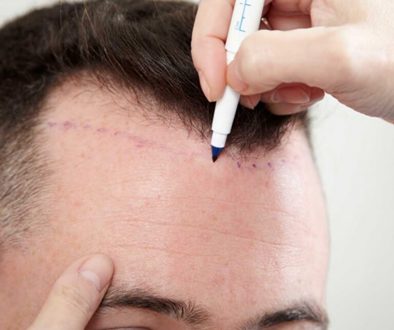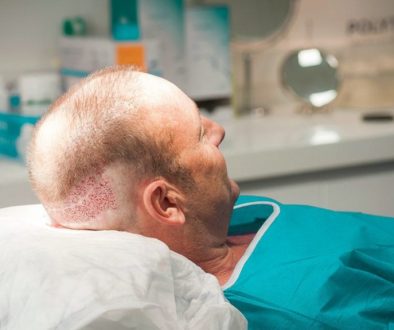What Happens If I Have A Hair Transplant Without Taking Propecia
I am 24 years old and I have been suffering from hair loss since I was 18. I tried to take Propecia, but had to discontinue the medication due to side effects. Now I want to have a hair transplant, but I am scared at what may happen if I have a hair transplant without taking Propecia.
Unfortunately, androgenic alopecia (genetic hair loss) is a progressive condition that gets progressively worse over time. Surgical hair restoration does not treat hair loss, it simply moves preexisting hair to another location. Therefore, any native (non-transplanted) hair is still at risk of being attacked by dihydrotestosterone (DHT) that is produced by the body. Propecia (finasteride) works by inhibiting the 5-alpha reductase enzyme responsible for converting testosterone in to DHT through the blood stream.
Sadly, the majority of individuals who lose their hair at an early age are more likely to develop an aggressive hair loss pattern, which can accelerate rapidly without warning. In addition, hair loss is unstable in the beginning stages of hereditary hair loss. This makes it difficult for a hair transplant surgeon to plan a long-term strategy that meets the patients current and future needs. Furthermore, the possibility of telogen effluvium (shock loss) is increased when a patient has a large number of miniaturized hair follicles, which is generally the case with young patients. Without medical treatment, it is difficult to know how far a persons hair loss pattern will develop in the future.
With that said, there are no guarantees with medical treatment such as Propecia (finasteride) or Rogaine (minoxidil). While some hair loss sufferers may respond well and stop their hair loss entirely with medical treatment, some individuals will see little to no benefit from the treatment. However, genetic hair loss is a progressive condition that will get worse over time. Individuals who can not tolerate Propecia (finasteride) can still have hair transplant, but they may need to be more conservative with their goals and expectations.
Written and published by,
Melvin- Editorial Assistant and Forum Co-Moderator for the Hair Transplant Network and The Coalition of Independent Hair Restoration Physician




